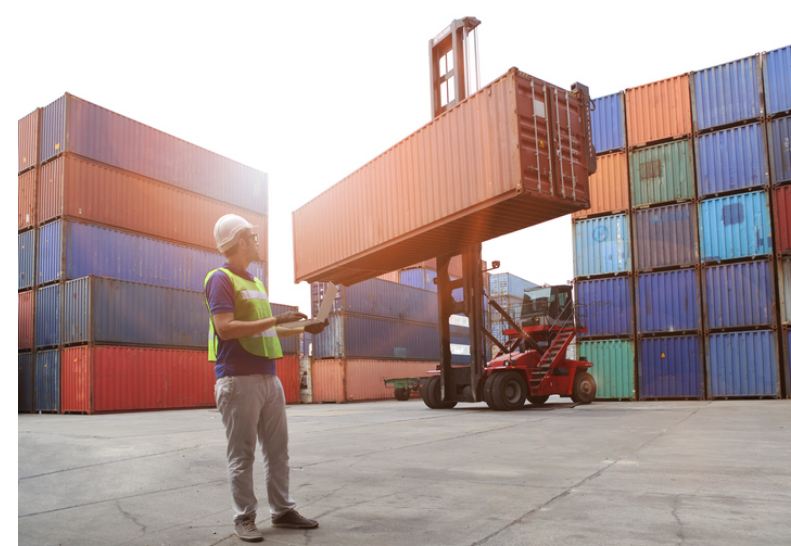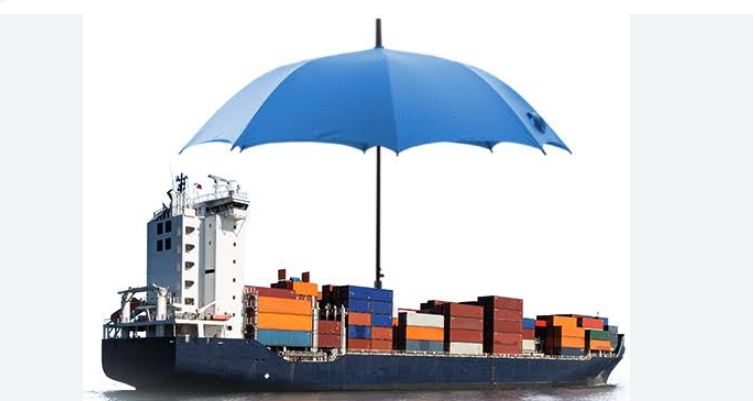Comprehensive Guide to Freight Insurance | Freight insurance, also known as cargo insurance or shipping insurance, serves as a crucial protective measure for businesses involved in the transportation of goods. In this comprehensive guide, we will delve into the intricacies of freight insurance, exploring its significance, coverage options, key considerations, and benefits for businesses engaged in global trade and logistics.
About Freight Insurance
With the complexities and uncertainties inherent in the logistics industry, freight insurance provides financial security against potential risks such as loss, damage, theft, and delays during transit.
Understanding Freight Insurance:
It is a type of insurance coverage designed to protect cargo and shipments while in transit. It offers financial compensation to shippers, consignees, freight forwarders, and other parties in the supply chain in the event of unforeseen circumstances that result in loss or damage to the cargo.
Its policies provide coverage for various modes of transportation, including sea freight, air freight, rail freight, and trucking.
Importance of Freight Insurance:
It plays a crucial role in mitigating the financial risks associated with transporting goods across domestic and international borders. Some key reasons why freight insurance is essential include:
- Financial Protection: Offers reimbursement for the value of goods lost or damaged during transit, reducing the financial impact on businesses.
- Risk Management: Helps businesses manage and mitigate risks associated with cargo loss, theft, damage, and delays, ensuring smoother logistics operations.
- Compliance: Many trade contracts, including Incoterms®, require the buyer or seller to arrange for freight insurance, ensuring compliance with contractual obligations.
- Peace of Mind: Provides peace of mind to shippers and consignees by offering a safety net against unforeseen events and disruptions in the supply chain.
Coverage Options:
Freight insurance policies typically offer coverage for a wide range of perils and risks encountered during transit. Common coverage options include:
- All Risks: Provides coverage for loss or damage to cargo resulting from a broad range of perils, including theft, fire, collision, natural disasters, and accidents.
- Named Perils: Offers coverage for specific risks or events listed in the insurance policy, such as theft, fire, and water damage.
- General Average: Coverage for the insured’s contribution to general average expenses incurred during a maritime emergency, such as vessel grounding or jettisoning cargo to prevent a disaster.
- War and Strikes Risks: Optional coverage that protects against losses resulting from war, civil unrest, piracy, and strikes.
Key Considerations:
When selecting freight insurance coverage, it’s essential to consider several factors to ensure adequate protection for your shipments:
- Insured Value: Determine the declared value of the cargo being insured, taking into account the invoice value, freight charges, and additional costs.
- Deductibles: Understand the deductible amount, which is the portion of the claim that the insured must pay out of pocket before the insurance coverage applies.
- Coverage Limits: Review the coverage limits and exclusions specified in the insurance policy to ensure they meet your business needs and risk tolerance.
- Carrier Liability: Evaluate the carrier’s liability coverage and limitations, as freight insurance may provide additional protection beyond the carrier’s liability.
Benefits for Businesses:
It offers several benefits for businesses engaged in global trade and logistics:
- Financial Security: Provides financial compensation for cargo loss, damage, or theft, reducing the financial impact on businesses and ensuring continuity of operations.
- Enhanced Reliability: Demonstrates reliability and professionalism to customers by offering comprehensive insurance coverage for shipments, enhancing trust and confidence in your business.
- Risk Mitigation: Helps mitigate risks and uncertainties associated with transporting goods, allowing businesses to focus on core operations and growth initiatives.
- Competitive Advantage: Businesses with adequate insurance coverage may gain a competitive edge by offering greater reliability and security to their customers.
- Compliance and Contractual Obligations: Ensures compliance with trade contracts and Incoterms® requirements, meeting contractual obligations and minimizing legal risks.
Conclusion:
Freight insurance is an indispensable tool for businesses involved in global trade and logistics, providing essential financial protection against the risks and uncertainties of transporting goods.
By understanding the significance, coverage options, key considerations, and benefits of freight insurance, businesses can make informed decisions to safeguard their shipments and mitigate potential losses.
As global supply chains continue to evolve and expand, freight insurance remains a critical component of risk management and business continuity strategies for companies engaged in the dynamic world of international commerce.



